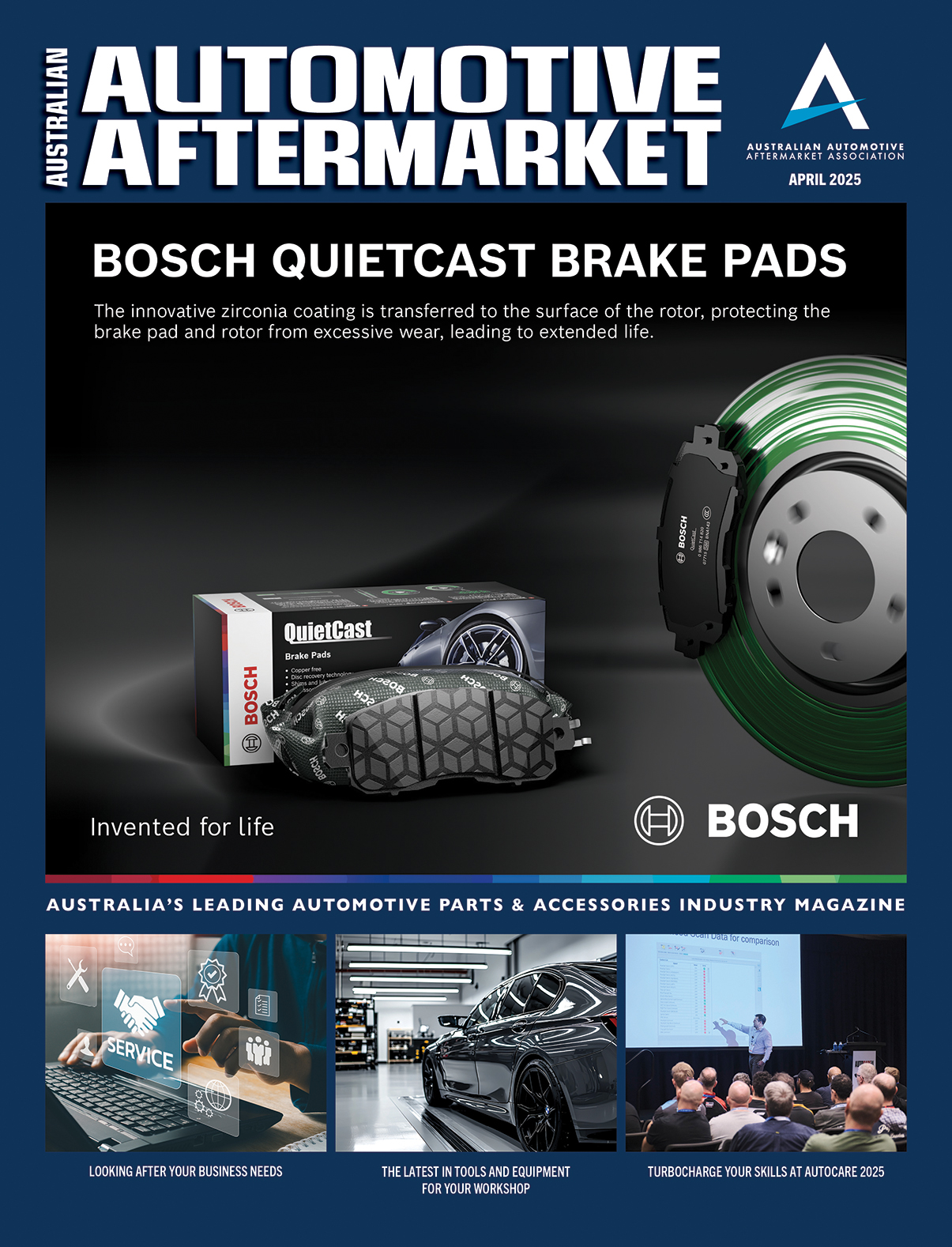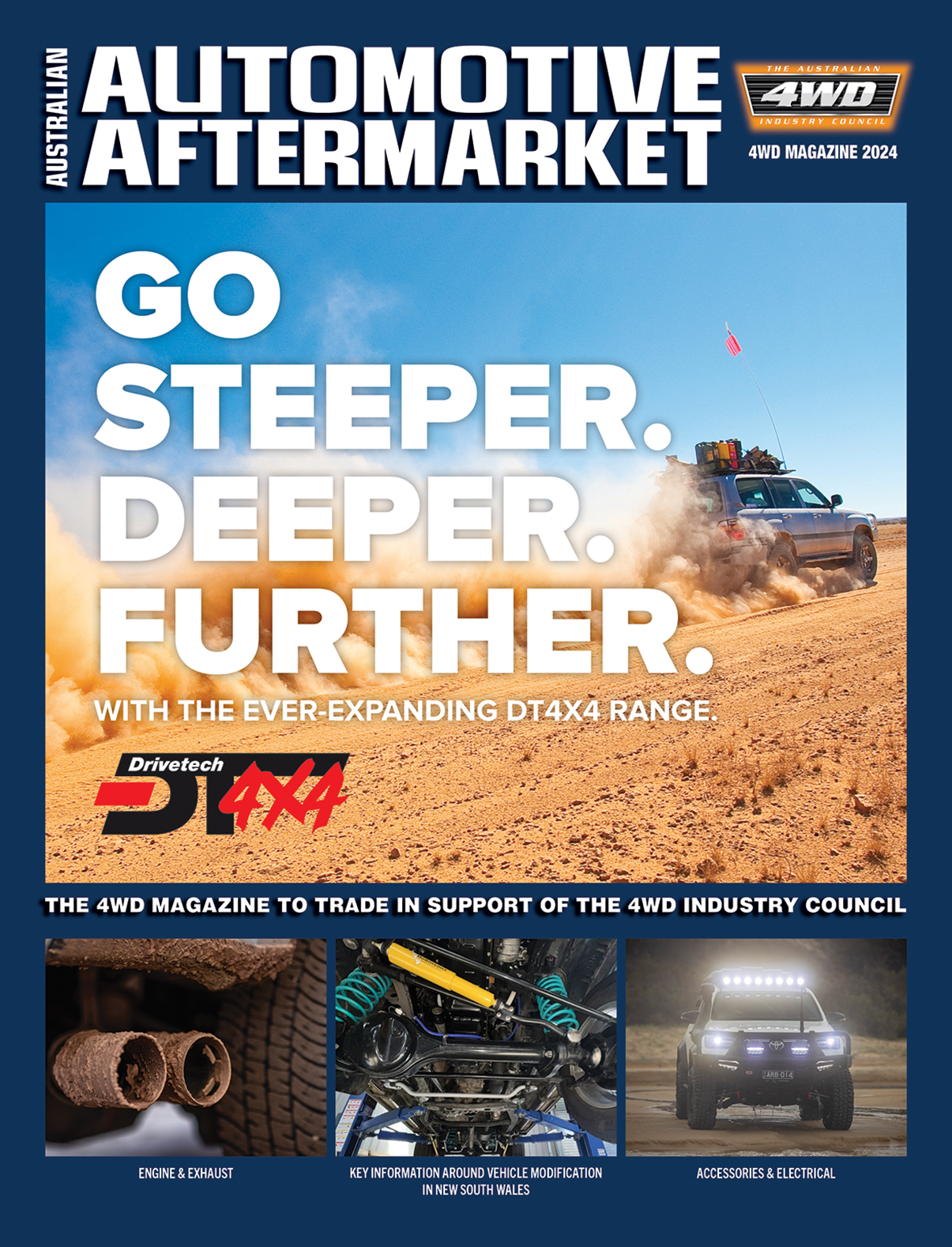COLLECTION OF VEHICLES WITHOUT RECOMMENDED REPAIRS
Industry Legal explains the steps a business should take when a customer collects a vehicle without the completion of repairs which have been recommended to prevent potential damage to the vehicle or due to the vehicle being unsafe to drive

First, inform the customer that the business recommends the vehicle is repaired or towed, and the reasons for the recommendation.
Industry Legal recommends doing this before the customer attends the workshop to collect the vehicle, and that you do so both in writing (for example, by email) and verbally. This assists the customer to make a timely decision.
What information should be provided?
It is prudent to provide the following information to the customer (as applicable):
• that a repair is recommended for the vehicle and what the repair is;
• the reason the business believes the vehicle requires the repairs, for example, the vehicle is unsafe to drive and/or potential damage to the vehicle if repairs are not carried out;
• if the vehicle is unsafe: why the business considers that the vehicle is unsafe to drive and may be a danger to the driver and/or to others (for example, to passengers, other road users and/or pedestrians) – clearly inform the customer of this;
• if the vehicle may incur potential damage: state the potential mechanical consequence of driving the vehicle (and the potential costs that may be incurred (if known) and if there may also be a potential safety issue); and
• the recommendation of the business to either repair the vehicle before it is driven, or to have the vehicle towed to its next destination (and not be driven from the workshop).
What if the customer does not have the vehicle repaired or towed?
If the customer does not repair the vehicle and will not have the vehicle towed, it is prudent to take the following steps:
- ensure the information regarding the recommended repair is set out on the invoice, (see the list of information to be provided previously in this article – ie. the information the business previously provided to the customer);
- the invoice should also include a statement to the effect that the customer has chosen not to have the vehicle repaired or towed;
- ask the customer to read the information set out in the invoice (see points one and two above), then ask the customer to sign and date next to the information; and
- provide the customer with a photocopy of the signed and dated invoice. However, if the customer would like to keep an original, ask the customer to sign and date another copy of the same invoice and take a photocopy of that invoice for the business records.
Providing the information in writing to the customer may not prevent the customer making a claim against the business, however, it may assist the business to defend a claim.
Records
The business should keep a record of the communications made to the customer regarding recommended repairs. In particular, the signed and dated invoice (while also making a note of the date any verbal information was given to the customer, a summary of the verbal information provided, and emails sent). These documents may assist the business in the event a dispute arises.
Duty of care
The business may have a duty of care in relation to an unsafe vehicle, at a minimum, to the customer. Whether a duty of care is discharged by the actions of the business will depend on the circumstances.
It may be that providing the unsafe vehicle information and recommendations to the customer is sufficient, or further steps may be needed.
If it is considered that the vehicle should be reported to the appropriate authority, then if the business is subject to the Privacy Act 1998 (Cth), the business should obtain the written consent of the customer to disclose their personal information for this purpose.
Takeaways
The key takeaways are:
• provide the customer with information about repairing or towing a vehicle to prevent potential damage to a vehicle and/or that the vehicle is unsafe to drive (in writing and verbally);
• if the customer does not repair or tow the vehicle, record information and recommendations provided to the customer, and their decision not to repair or tow the vehicle, in the invoice and have the customer read, sign and date the information (keep the original and provide a photocopy to the customer); and
• keep records of communications to the customer regarding the vehicle.
Liability limited by a scheme approved under professional standards legislation.
This document is intended for general information purposes only and should not be regarded as legal advice. Please contact Industry Legal if you require legal advice.
AAAA Member Benefits
Industry Legal provides advice to members on commercial law matters. If you have any questions relating to the above information, please contact Industry Legal on 1300 369 703 or
aaaa@industrylegalgroup.com.au








